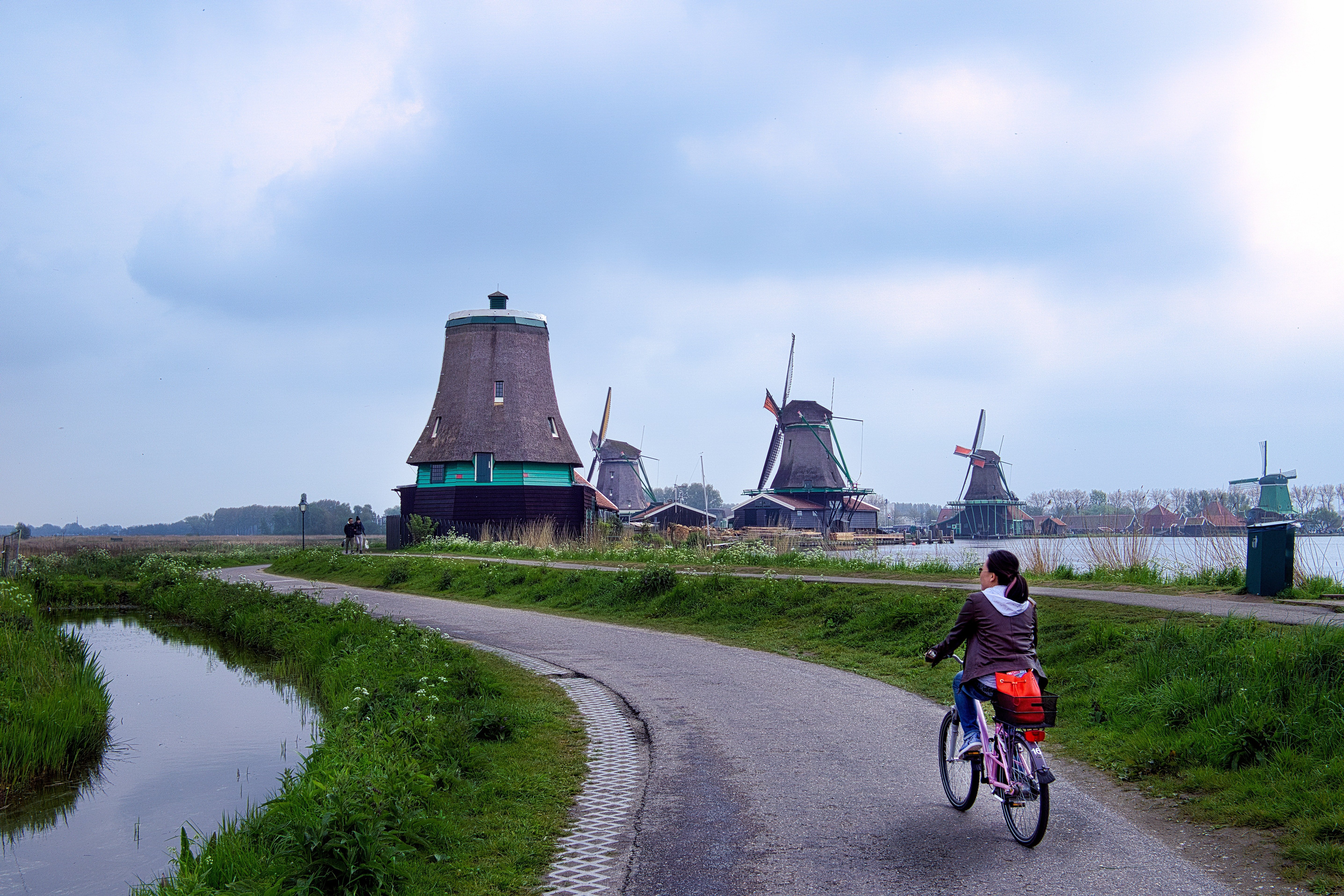
The Regional Water Authorities (RWAs) in the Netherlands introduced a system of three different taxes in 2009 to cope with the complex water management challenges that the country is increasingly facing, such as floods and sea level rise. The taxes replace an earlier system and aims to fund investments in water management in a comprehensive manner, including nature-based solutions. Funded measures include, for example, the construction and maintenance dikes, embankments, ditches and ponds as well as measures to ensure that water level and quality remain in good condition. The first tax - the water systems tax - covers the costs of flood protection measures and the provisioning of sufficient and clean surface water. The waste water treatment tax relates to the cost of waste water treatment. Finally, the pollution tax has to be paid by businesses and households for direct discharges to surface waters depending on the amount of pollution. In 2017, the total estimated revenue of the three levies amounted to about €2.7 billion. The introduction of the taxes has led not only to a significant investment base for the RWAs, but has also helped to curb pollution.
